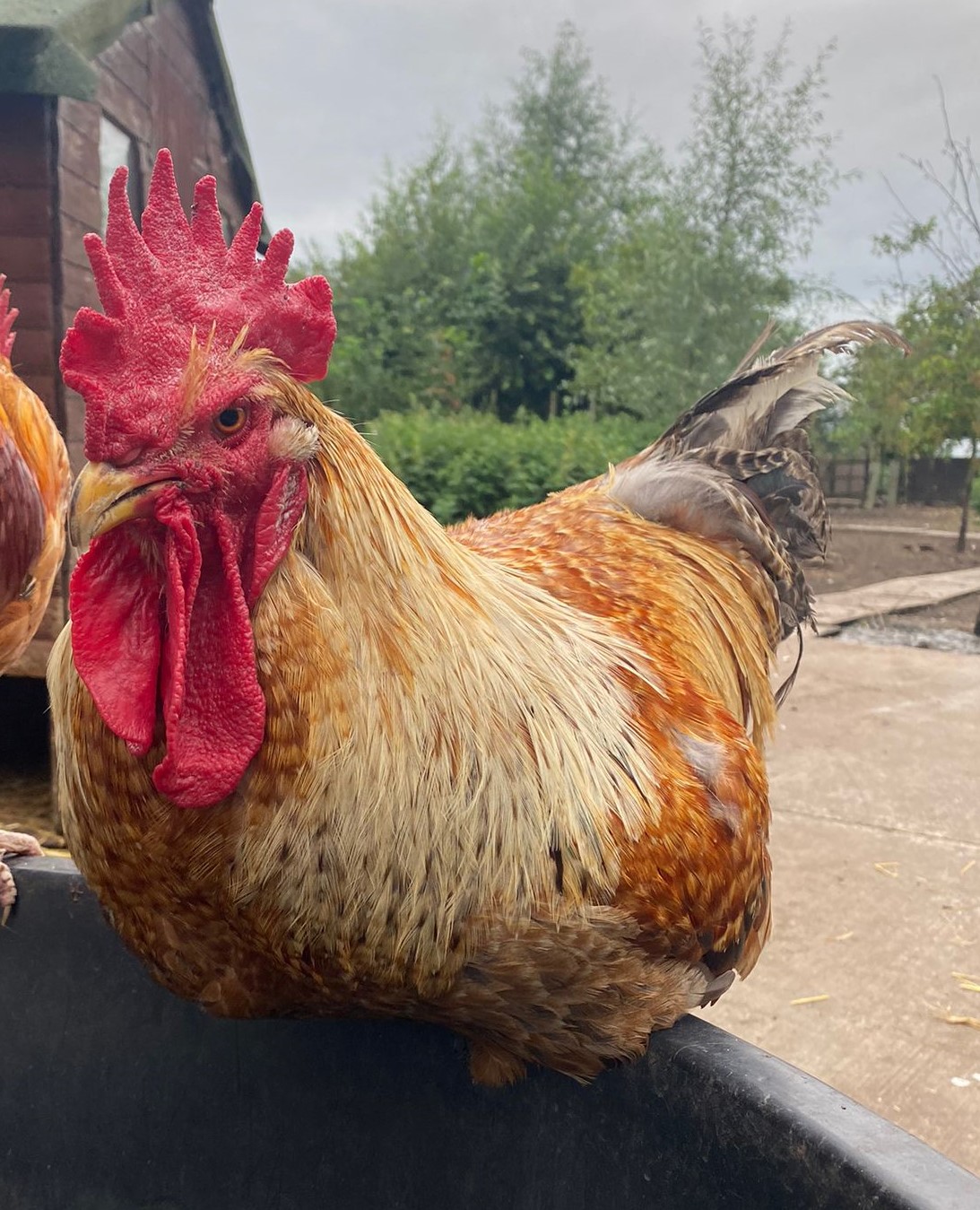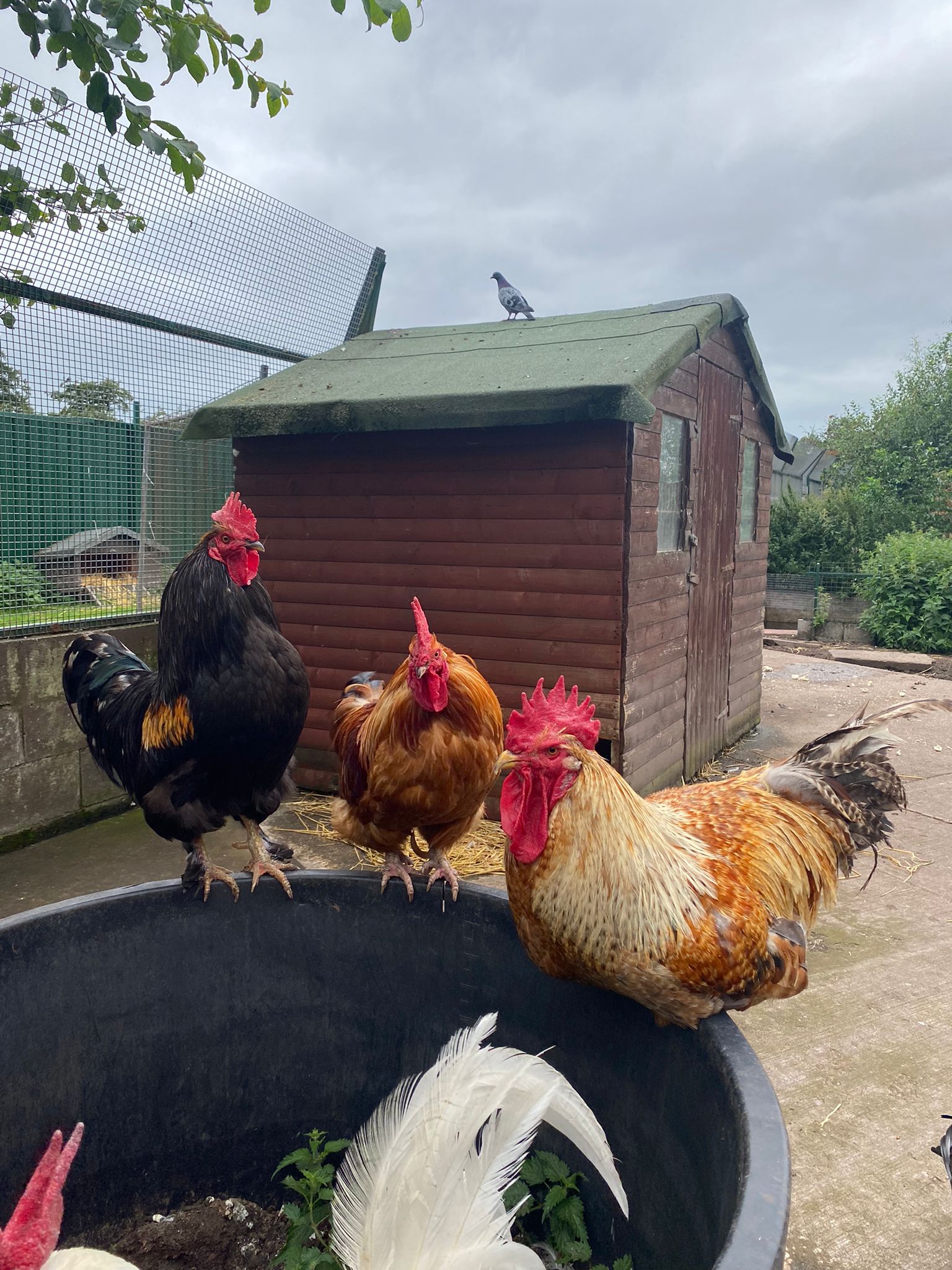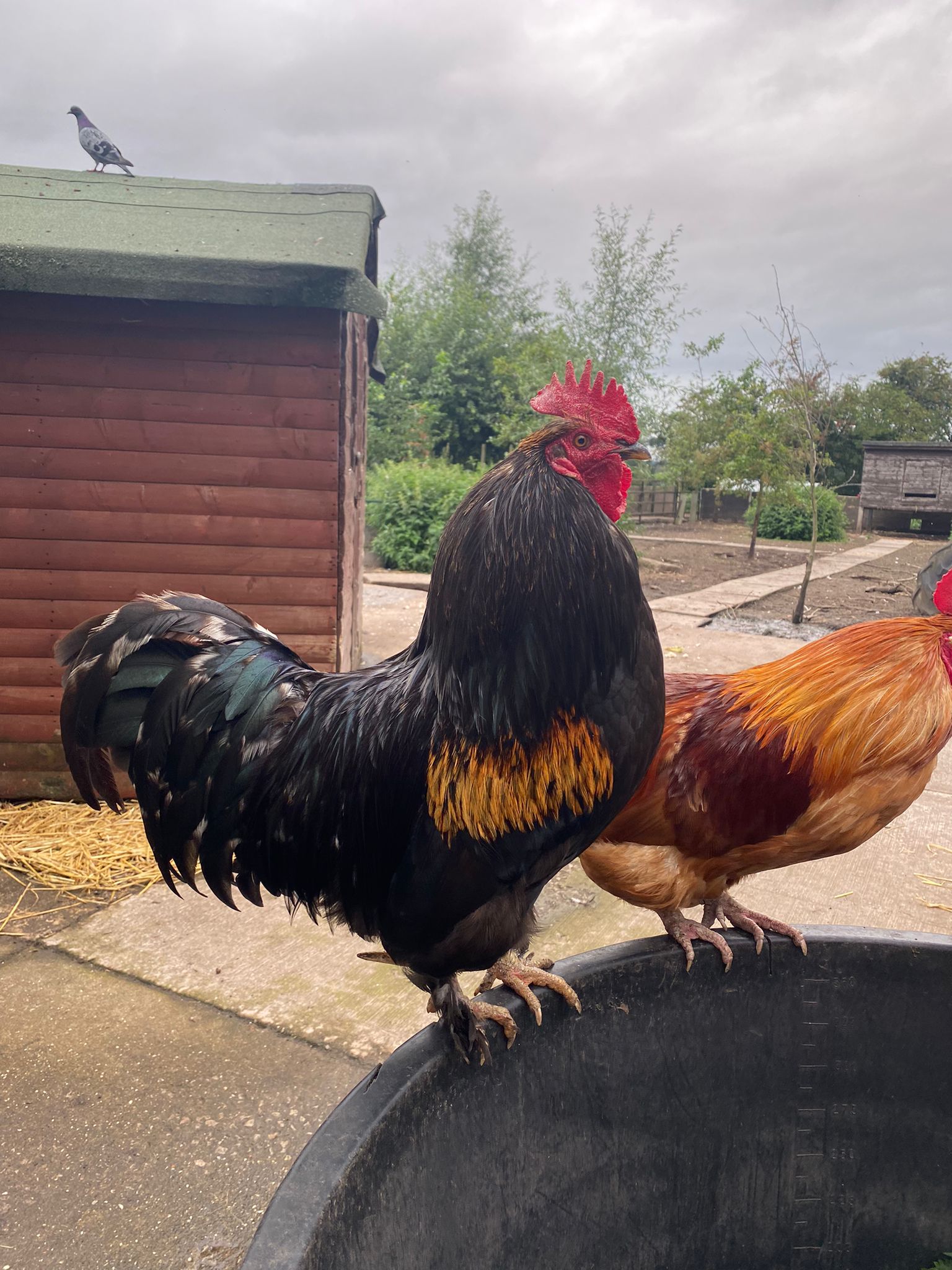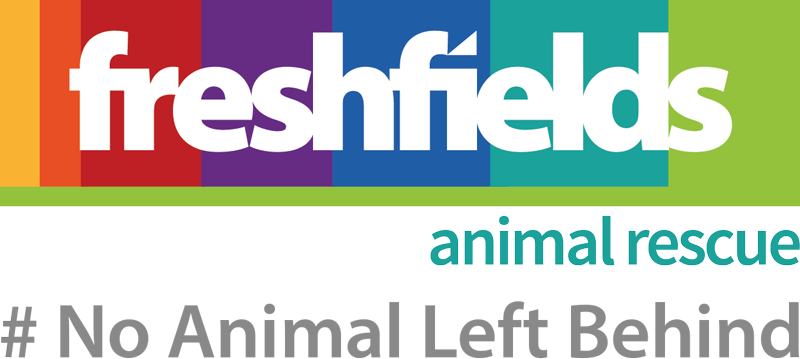Chick Hatching Projects – The Hidden Damage
Educating young people on life cycles and animal welfare is extremely important to us. It is key to our future for the protection of animals and our native wildlife.
Chick hatching projects are viewed as a way to teach young children about this and how to care for animals. However, many schools and teachers are unaware of the real negative impact they present. Chicks can become sick, be deformed and die in the process. Even those that successfully hatch often have an unpleasant fate.
Why do schools hatch chicks?
Schools choose to take part in chick hatching projects as they believe it allows young children to learn about life cycles and how to care for animals. However, this is not an ethical method and does not teach children that animals should be respected.
Why are chick hatching projects so bad?
Caring for chicks is not an easy job, and school teachers and children are not trained professionals. While they will be doing their best, it is not uncommon for chicks in these programmes to become sick or deformed due to improper care. A hen will turn her egg at least 30 times per day, which is not something that can be replicated in a classroom environment, especially over weekends when nobody is in the school.
If healthy chicks are born, schools will keep them for a few weeks to allow children to care for them. Many chicks are then sent back to the chick hatching kit supplier, which is a big cause for concern. Suppliers will take the hens as they lay eggs, which gives them value, but cockerels are often sent for slaughter once returned, as they hold no value to the supplier.
No animal deserves this life, and it is inhumane to think that we should continue raising these chicks just so they can be in a classroom for a few weeks, before being euthanised.
School chick hatching projects also contribute towards the increase in cockerels looking for homes. A large number of chicks are hatched across schools and they often do not have the space to facilitate caring for them long-term. Schools either have to try to rehome the chickens or send them back to the chick hatching kit suppliers, where their fate is not always a happy ending.
We receive calls and emails nearly every day, asking if we can help rehome cockerels. While we try our best to find them a home, this is becoming increasingly harder.
We need to put an end to these programmes! This way, we can help reduce the number of unwanted cockerels and prioritise finding homes for the ones that are in desperate need of help.
To find out more about chick hatching programmes and alternatives to these, you can download our pack above.
“Every year, without fail, we receive numerous requests from schools for us to take in either chicks or ducklings.”



How are we going to help raise awareness?
Education is key to ending the cruel practice of hatching chicks in schools. We aim to spread awareness on the negative impact that these programmes have and have produced an education pack, which we will be issuing to schools in our local area. The pack includes information about why chick hatching is unethical and also offers alternative options. These options will still allow for young people to learn about animal welfare and life cycles, while also involving them in protecting our native wildlife.
Young people are key in helping us reduce the number of unwanted, abandoned and abused animals across the county. You can help us raise awareness by sharing our chick hatching pack with family and friends, to spread the word.
If you have any questions about chick hatching projects, don’t hesitate to call us on 0151 931 1604 for advice.
Donate Here
Lost & Found Pets

Merchandise
Exclusive merchandise available direct from the rescue. Don't miss out, follow the link to make your purchase today.


